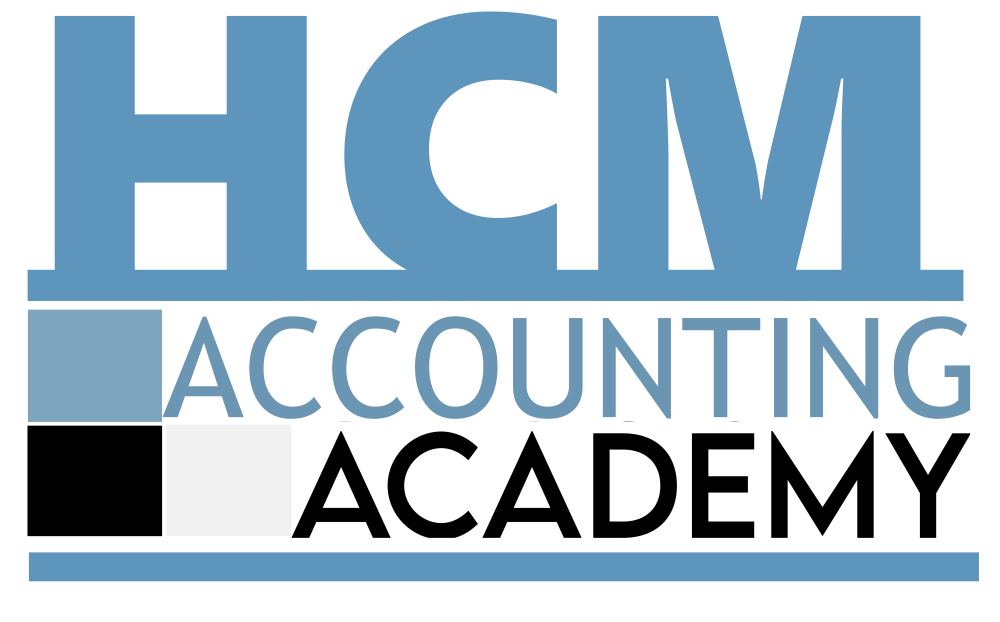13/ Laws and regulations requiring to focus internal performance management on human resources

• EU:
The European Directive of May 17, 2017 (“Shareholder Rights II”), that all EU countries must have transposed before June 10, 2019, states that: “The remuneration policy shall contribute to the company’s business strategy and long-term interests and sustainability and shall explain how it does so”.
• In France for example, the reference is Article L. 225-37-3 of Ordinance No. 2017-1162 of July 12, 2017 transposing the European directive. French law specifies: “This report (Corporate Governance Report) describes, by distinguishing between them, the fixed, variable and exceptional elements that make up this compensation and benefits and the calculation criteria or the circumstances in which they were awarded. Except in cases of good faith, payments made and commitments made in violation of the provisions of this paragraph may be canceled”.
The French system is associated with the ordinance n ° 2017-1385 of September 22, 2017 by which the employer can conclude collective performance agreements, intended to meet the needs of financial performance and operation of the company so as to preserve or develop employment.
- As we know, in the absence of human capital management accounting resources, the results have so far been very disappointing: unable to include financial performance objectives expected from variable salaries, very few employers signed collective performance agreements (See interim report published at the end of 2018)

• USA:
(a) SEC guidance of April 4, 2018: To avoid any confusion between the net profit that pays the shareholders and the free cash flow that protects the company from bankruptcy, one of the most important SEC principles is that “Companies are permitted to present non-GAAP performance measures on a per-share basis, such as adjusted EPS, but they are prohibited from presenting non-GAAP measures of liquidity or cash flow, such as free cash flow, on a “per-share basis” (SEC, 2018).
(b) Delaware law and shareholder rights case law, affecting most US companies. (Sixty-six percent (66%) of US companies are headquartered in Delaware).
(c) SOX Act sections 404 (operational risk control), 302 (Financial reports and internal controls), 409 (feedback in real time) and 802 (criminal requirements for falsification of documents).

• UK:
UK Code of Corporate Governance for 2018,

• Canada:
2018 Ontario Remuneration Transparency Act and the Short-term, Liquidity Ratio Reporting Directive - OSFI (Canada) published in July 2018,

• China:
On August 18, 2017, the General Office of China's State Council published Opinions on Further Guiding and Regulating Outbound Investment.

• Other countries: see “The Corporate Governance Review” - Edition 10; Published: May 2020.
- As in the large markets above, notices published by the financial market authority adapt companies to sound management practices.
This is the case for example in South Africa.
Law: the Companies Act 71 of 2008 is the primary source of company law in South Africa. Insofar as 'good practice' standards are concerned, the King IV Code on Corporate Governance (King Code), which is recognized as one of the world's leading corporate governance codes, sets out principles and recommended practices that an organization should apply in order to substantiate a claim that it is practicing good governance, reflected in four outcomes: ethical culture, good performance, effective control and legitimacy. Certain recommended practices in the King Code are incorporated into the Listings Requirements, making it mandatory for JSE-listed companies to comply with them, with the balance of the King Code's recommendations to be implemented on an 'apply and explain' basis
Guidance Notice: The South African equivalent of the above European directive or the SEC guidance above is that issued on June 14, 2019 by the Financial Sector Conduct Authority (“FSCA”) on investment and asset sustainability. The Guidance Notice defines sustainability like this:
- “Sustainability” means the ability of an entity to conduct its business in a manner that primarily meets existing needs without compromising the ability of future generations to meet their needs. Conducting business sustainability includes managing the interaction of the business with the environment, the society and the economy in which it operates towards a better long-term outcome. Evaluating the sustainability of the business of an entity includes the consideration of economic factors and ESG factors. The “sustainability of an asset” implies the sustainability of the entity giving rise to the underlying value of the asset. “Sustainable” has a meaning consistent with this.














